Trece Sentidos – (Spanish)
$15.99
En un deslumbrante relato de pasion, Trece Sentidos de Victor Villasenor continua la estipulante epopeya familiar que empezo con el ampliamente reconocido bestseller Lluvia de Oro. Trece Sentidos abre con las bodas de oro del ya mayor Salvador y su elegante esposa, Lupe. Cuando un joven sacerdote le pide a Lupe que repita la sagrada frase ceremonial ‘respetar y obedecer,’ Lupe se sorprende a si misma al contestar–!No, no voy a decir obedecer! !Como se atreve! !Ah, no! !Usted no me va a hablar asi despues de cincuenta anos de matrimonio y sabiendo lo que se!–. Asi, la familia Villasenor se ve forzada a examinar el amor que Lupe y Salvador han compartido por tantos a nos: un amor universal, entrnable y sincero que eventualmente dara energia e inspiracion a la pareja en su vejez.
in stock within 3-5 days of online purchase
SKU (ISBN): 9780060505110
ISBN10: 0060505117
Language: Spanish
Victor Villasenor | Translator: Alfonso Gonzalez
Binding: Trade Paper
Published: October 2004
Publisher: Harper Collins Publishers
Print On Demand Product
Related products
-
What God Has Joined Together
$15.99Gay marriage has become the most important domestic social issue facing twenty-first-century Americans — particularly Americans of faith. Most Christians are pro-marriage and hold traditional family values, but should they endorse extending marriage rights to gays and lesbians? If Jesus enjoined us to love our neighbors as ourselves, and the homosexual is our neighbor, does that mean we should accept and bless gay marriages? These and other, related questions are tearing many faith-based communities apart.
Across the country, states have voted, courts have debated, and churches have divided over the legitimacy of same-sex marriage. Amid the uproar one perspective is decidedly missing: that of thoughtful, pro-marriage Christians who, informed by their faith, are struggling to make sense of this issue. What God Has Joined Together? is an effort to bridge the divide between marriage-supporting and gay-supporting people of faith by showing why both sides have important things to say and showing how both sides can coexist. Drawing on scientific research as well as on the Bible, the authors explain that marriage is emotionally, physically, financially, and spiritually beneficial for everyone, not just heterosexuals.
They debunk myths about sexual orientation, assess claims of sexual reorientation, and explore what the Bible does and does not say about same-sex relationships. The book ends with a persuasive case for gay marriage and outlines how this can be a win-win solution for all.
Add to cartin stock within 3-5 days of online purchase
-
Living In A Gray World
$16.99In today’s world, the topic of homosexuality seems to be part of everyday conversation in the media, in politics, and even inside churches, with pressure to accept one view or the other. And if you’re a Christian teen, there seems to be few easy answers to the issues you regularly encounter, such as: Can you be friends with someone who is gay? What if your sister is a lesbian, or you sometimes wonder if you might be as well? Does the Bible really say homosexuality is wrong? What does God want us to do and say? Preston Sprinkle has encountered these same questions, and as a theologian and a college professor he has dealt with these issues firsthand. Through honest conversation, real-life examples, and biblical research, Sprinkle unpacks what we can know to be true, and how Scripture’s overall message to us today allows us to move forward and find answers that align with God’s intent.
Add to cartin stock within 3-5 days of online purchase
-
Selfish Genes And Christian Ethics
$44.99The evolutionary origins of human beings, and in particular the origins of human morality, have always attracted debate and speculation, not just in the academic community but in popular science and the wider general population as well. The arguments and explanations put forward over the years seem to thoroughly catch the popular imagination, but there is the danger that these explanations tend to step outside the bounds of scientific theory and become powerful popular myths instead. In Neil Messer’s Selfish Genes and Christian Ethics, the author is challenging this tendency. Instead he provides a Christian theological anthropology, which, among other things, aims to give Christians and the churches the confidence to engage with assumptions that evolutionary theory and religious beliefs are untenable.
This is a valuable resource for anyone engaged in the study of theology, providing the reader with the ability to consider both the theoretical and the practical questions raised by evolutionary discussions of ethics and morality.
Add to cartin stock within 3-5 days of online purchase
-
10 Commandments Of Progressive Christianity
$7.99A cautionary look at ten dangerously appealing half-truths.
In 1923, J. Gresham Machen, then a professor at Princeton Seminary, wrote his classic text, Christianity and Liberalism. The book was a response to the rise of liberalism in the mainline denominations of his own day. Machen argued that the liberal understanding of Christianity was, in fact, not just a variant version of the faith, nor did it represent simply a different denominational perspective, but was an entirely different religion. Put simply, liberal Christianity is not Christianity.
What is remarkable about Machen’s book is how prescient it was. His description of liberal Christianity–a moralistic, therapeutic version of the faith that values questions over answers and being “good” over being “right”–is still around today in basically the same form. For this reason alone the book should be required reading, certainly for all seminary students, pastors, and Christian leaders.
Although its modern advocates present liberal Christianity as something new and revolutionary, it is nothing of the sort. It may have new names (e.g., “emerging” or “progressive” Christianity), but it is simply a rehash of the same well-worn system that has been around for generations.
The abiding presence of liberal Christianity struck me not long ago when I came across a daily devotional from Richard Rohr that listed ten principles he thinks modern Christianity needs to embody. These ten principles are actually drawn from Philip Gulley’s book, If the Church Were Christian: Rediscovering the Values of Jesus. In that devotional series, ironically titled “Returning to Essentials,” Rohr sets forth the ten principles as a kind of confessional statement of modern liberalism (while at the same time pretending to deplore confessional statements). They are, in effect, a Ten Commandments for progressive Christianity.
Indeed, these ten sound like they were gathered not so much on the mountaintop as in the university classroom. They are less about God revealing his desires and more about man expressing his own–less Moses, more Oprah.
But take note: each of these commandments is partially true. Indeed, that is what makes this list, and progressive Christianity as a whole, so challenging. It is a master class in half-truths that sound appealing on the surface until you dig down deeper and really explore their foundations and implications. Benjamin Franklin was right when he quipped, “Half the truth is often a
Add to cartin stock within 3-5 days of online purchase

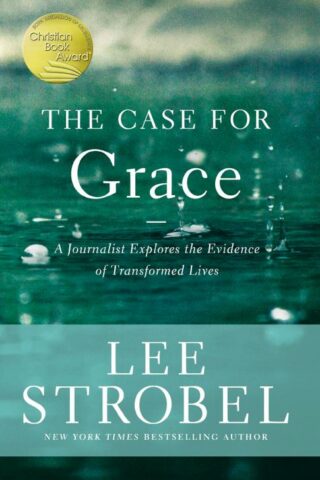 Case For Grace
Case For Grace
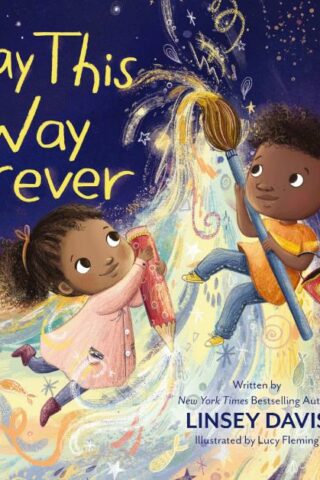 Stay This Way Forever
Stay This Way Forever
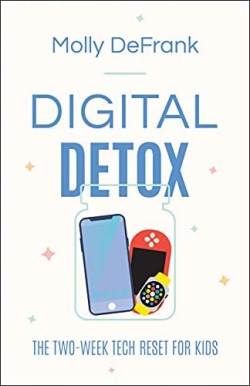 Digital Detox : The Two-Week Tech Reset For Kids
Digital Detox : The Two-Week Tech Reset For Kids
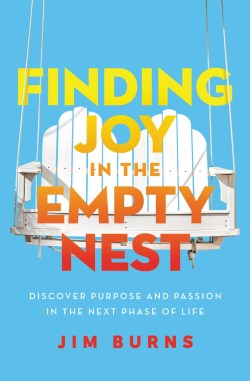 Finding Joy In The Empty Nest
Finding Joy In The Empty Nest
 NoteWorthy New Testament Read And Journal Through The New Testament In A Ye
NoteWorthy New Testament Read And Journal Through The New Testament In A Ye
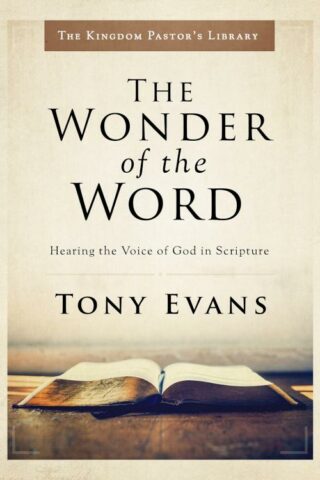 Wonder Of The Word
Wonder Of The Word
 5 Minutes With Jesus A Fresh Infusion Of Joy
5 Minutes With Jesus A Fresh Infusion Of Joy
 Missionary Mom : Embracing The Mission Field Right Under Your Roof
Missionary Mom : Embracing The Mission Field Right Under Your Roof
 Matrimonio Del Reino - (Spanish)
Matrimonio Del Reino - (Spanish)
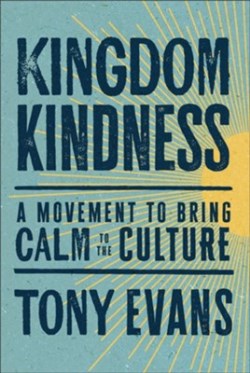 Kingdom Kindness : A Movement To Bring Civility To The Culture
Kingdom Kindness : A Movement To Bring Civility To The Culture
 Study Bible
Study Bible
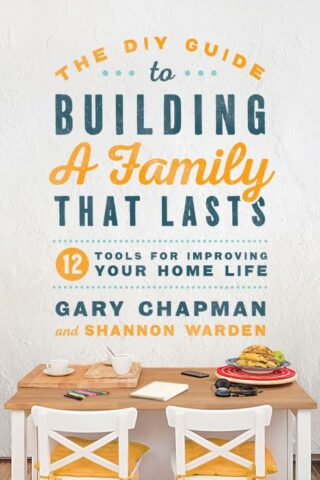 DIY Guide To Building A Family That Lasts
DIY Guide To Building A Family That Lasts
 Put On The Full Armor Silicone (Bracelet/Wristband)
Put On The Full Armor Silicone (Bracelet/Wristband)
 Best Trophy
Best Trophy
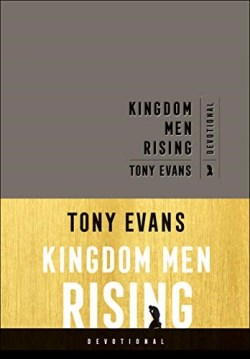 Kingdom Men Rising Devotional
Kingdom Men Rising Devotional
 Streams In The Desert
Streams In The Desert
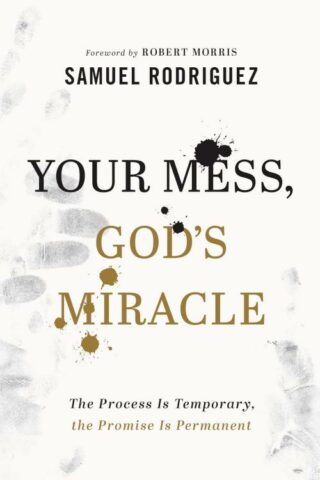






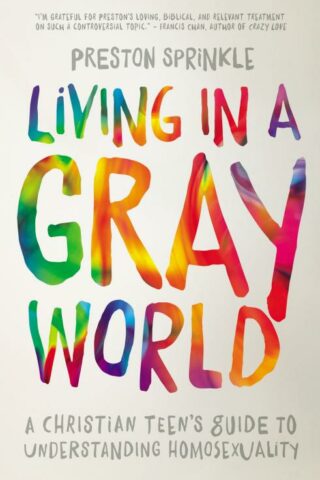
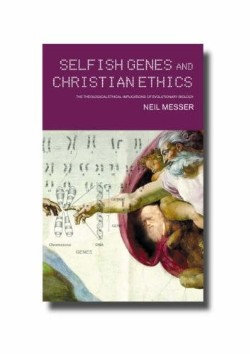
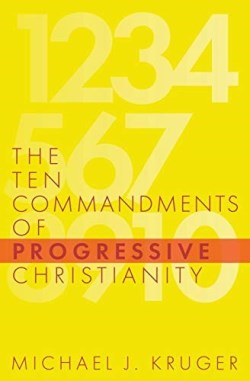
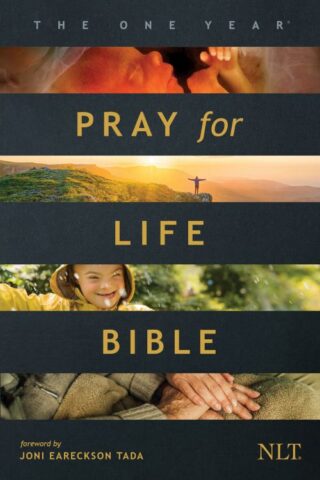


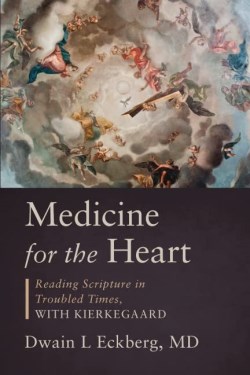

Reviews
There are no reviews yet.